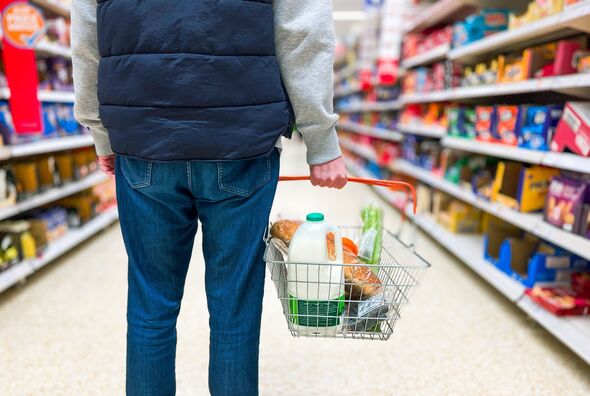UK food price inflation rose to 3.7 per cent in December, the highest since March, according to new data from Kantar released on Tuesday.
The sharp rise in prices, up from 2.6% in November, contributed to a significant increase in supermarket sales over the festive period, with households spending an average of £460 on take-home groceries.
In the four weeks leading up to December 29, sales at major grocery chains rose by 2.1% compared to the same period last year.
However, this growth was mainly driven by rising food prices rather than an increase in the volume of goods sold.
Fraser McKevitt, head of retail and consumer insight at Kantar, described the festive season as “solid” for supermarkets. He said:
“Sales surpassed £13 billion during the four weeks of December for the first time ever, showing people were clearly in the mood to celebrate and spend.”
December’s jump in food price inflation was mainly driven by increases in the cost of categories such as confectionery, skincare and juices.
Despite these increases, consumers appeared willing to spend more on premium goods, with sales of branded products up 4.2 per cent and premium own-brand products up 14.6 per cent.
Record spending on festive products shows a return to pre-pandemic consumer habits, when families spent money on treats and luxury goods. “People were willing to spend a little more than usual,” McKevitt noted.
While December’s sales figures emphasise the resilience of the grocery sector, they also reflect the wider problem of inflation for British households.
